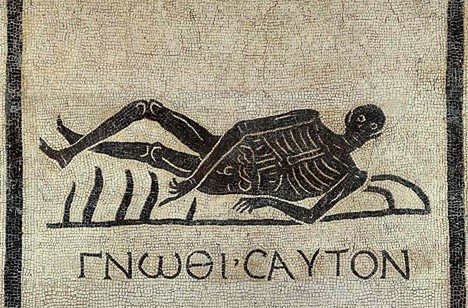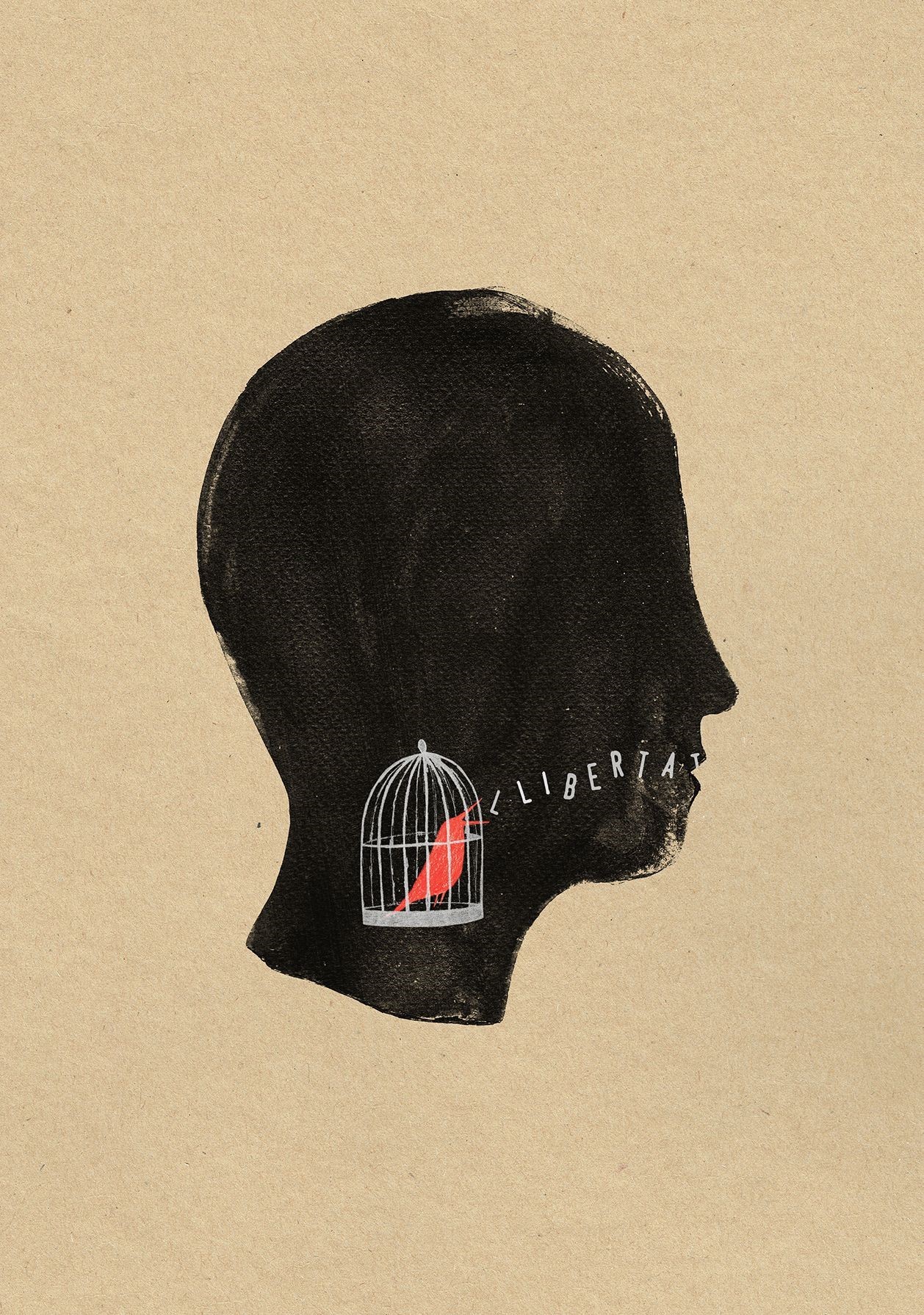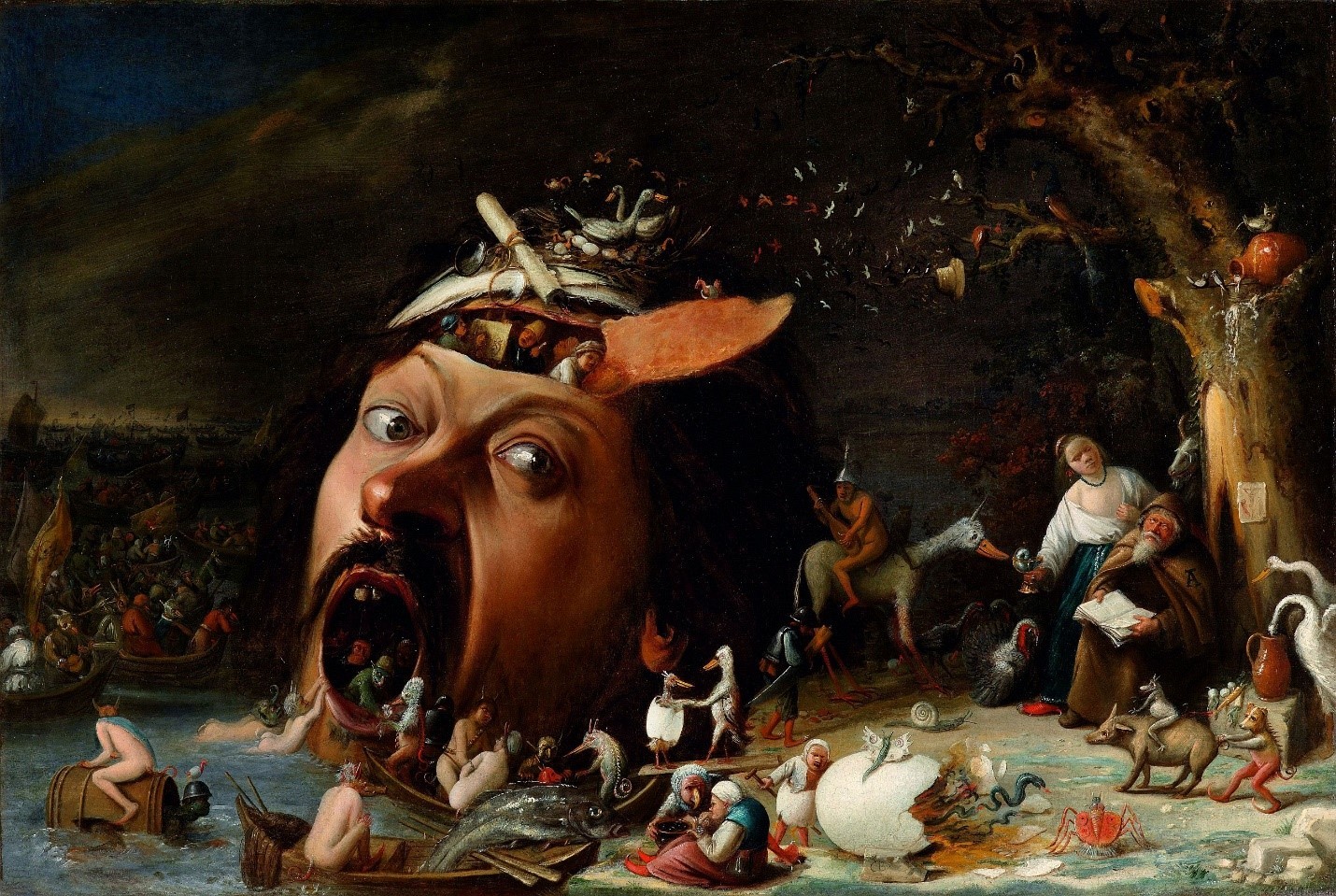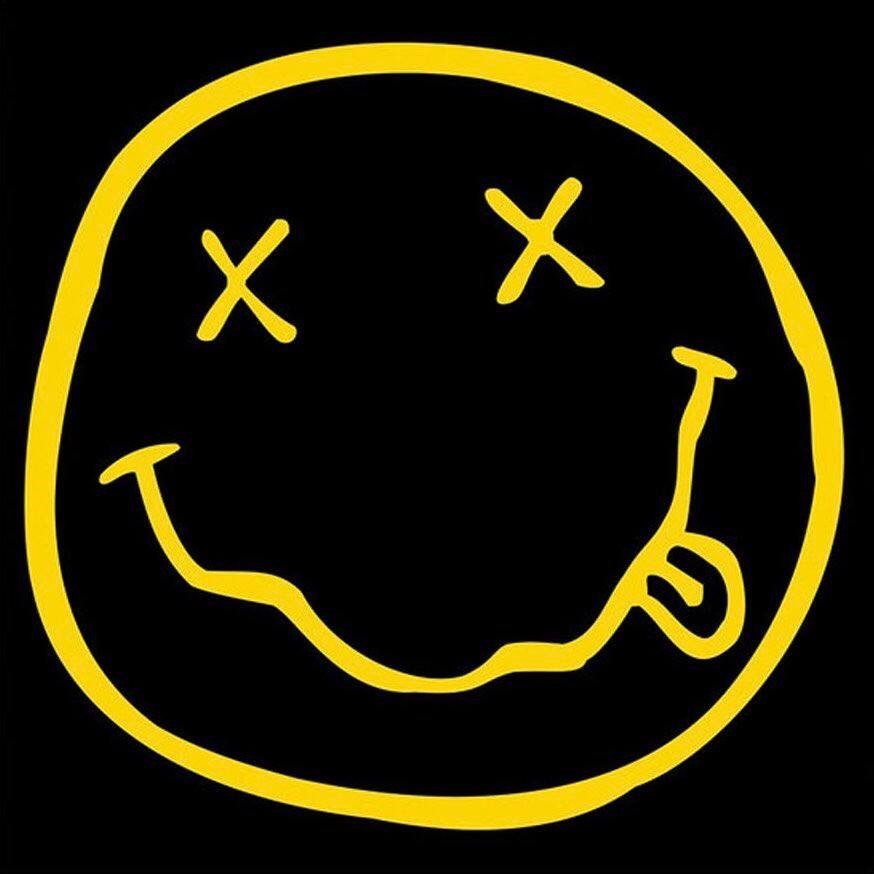Does philosophy require solitude?
Thank you, Dom Eccleston, for a fantastic question; it scrutinizes the stereotype of the isolated contemplative sitting in an ivory tower rationalizing their way through metaphysical and existential puzzles. Questioning things that we take for granted is at the heart of philosophy, and all knowledge-driven endeavors, really. Because I trust that you’ll keep reading, I’ll […]
Does philosophy require solitude? Read More










